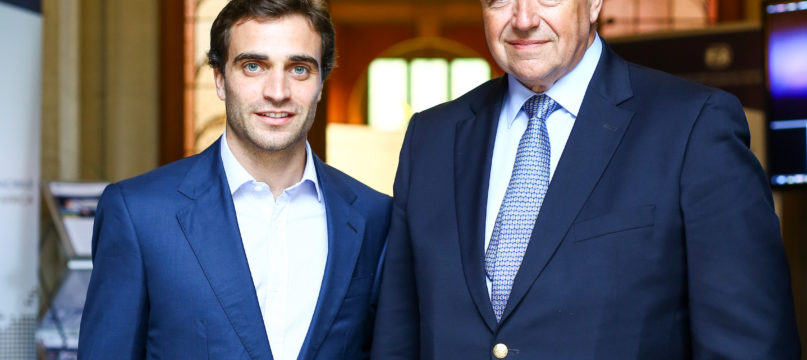
On 23 June, the FIA held its annual Summer Cocktail at the Bibliothèque Solvay with policymakers, European Automobile Clubs and stakeholders in the mobility community of Brussels. Speakers at the event included, FIA President, Jean Todt, FIA Region I President, Thierry Willemarck and Formula E driver Jérôme D’Ambrosio.
Jean Todt, FIA President and the UN Secretary General’s Special Envoy for Road Safety, said: “Road safety is a central priority for the FIA and its member clubs. I am committed to build an active partnership between governments, the corporate sector and non-governmental organisations to generate new momentum for efforts to stop road trauma, not only in Europe but worldwide. Developing and emerging countries continue to account for 90 per cent of the 1.3 million fatalities and up to 50 million serious injuries which occur every year on the world’s roads.”
Thierry Willemarck, FIA Region I President, said: “Car mobility is currently being heatedly discussed in Brussels; meanwhile their important role in social inclusion is being ignored. In our vision, the EU should focus on its core competences, such as, building a robust European infrastructure; protecting consumer data; and funding for research, development and deployment of new car technologies.”
Jérôme D’Ambrosio, Formula E driver, said: “I support the work being done by the FIA to improve mobility, whether in improving road safety or reducing the environmental footprint of driving. Thanks to my experiences in Formula E, I can now considerably reduce the energy consumption in my daily use of an electric car. The world of electric racing has many benefits to offer everyday users of electro-mobility. I very much hope that the benefits of advanced technologies and alternative fuels will soon become easily accessible to all consumers.”
At the event, FIA Region I also launched its policy brief on automated vehicles. The document outlines how industry and policymakers should work together to ensure that potential obstacles are dealt with in a timely fashion. The FIA and its member Clubs, acknowledging this trend towards more automation in cars, encourage policymakers and industry to deploy this technology in a consumer friendly manner.
[ENDS]
NOTES TO EDITORS
Automation
The FIA and its member Clubs encourage policymakers and industry to deploy automated vehicle technologies in a consumer friendly manner, by: